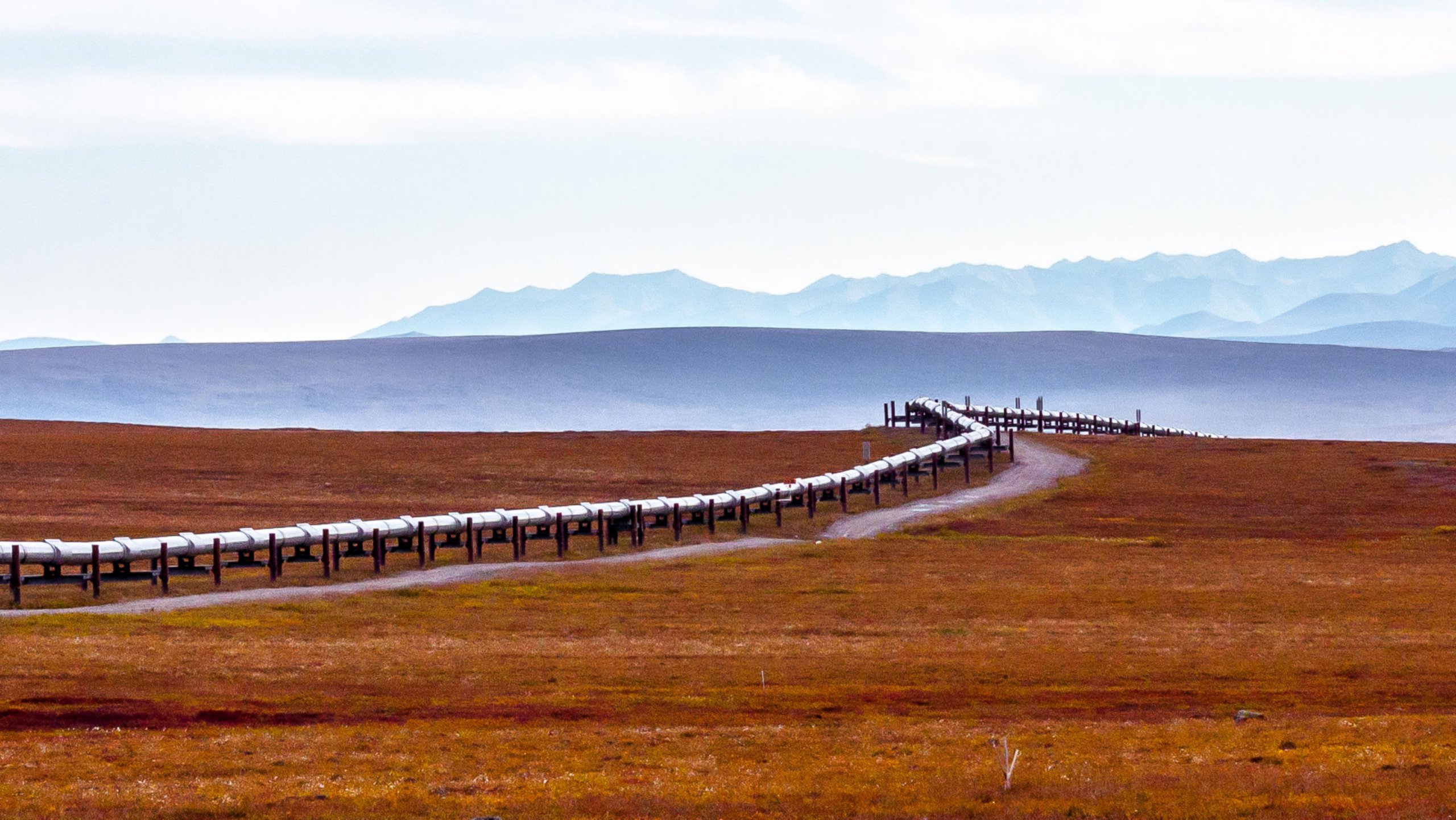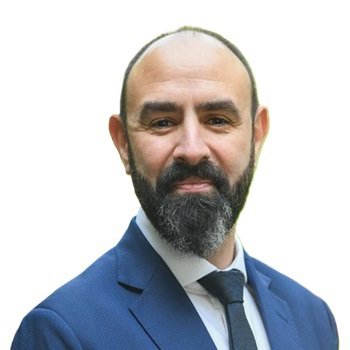The oil and gas industry has underpinned modern society for many decades, serving essential needs across areas such as energy, automotive and aviation, as well as many everyday consumer goods. Given the events of the past year, we are at a pivotal point in defining the oil and gas industry’s role in today’s – and tomorrow’s – economy.
Emerging from the current challenges, we expect demand for oil and gas products to remain strong. However, it won’t be a return to ‘business as usual’ – even the biggest companies in the sector are recognising the urgent need to reinvent operations, invest in more sustainable business models and focus on renewable sources of energy.
For example, the Oil and Gas Climate Initiative (OGCI), which includes BP, Chevron, ExxonMobil and Shell, announced in 2020 a target to reduce carbon emissions by 13% from member companies' aggregated upstream oil and gas operations by 2025. This milestone shows that the issue is a broad industry priority and one that will be central to their strategies for growth post global lockdown.
While a common goal, it requires every business to define how they’ll work towards reaching their net-zero emission targets and make sustainability core to how they operate. It will become increasingly apparent which companies are leading in this regard over the coming decade, as they’ll hold the advantage in emerging as the sector’s leaders.
With the deadlines of the Paris Agreement looming, and greater value being placed on environmental consciousness at a customer level, it’s imperative that oil and gas businesses see sustainability as an investment in their future success.





